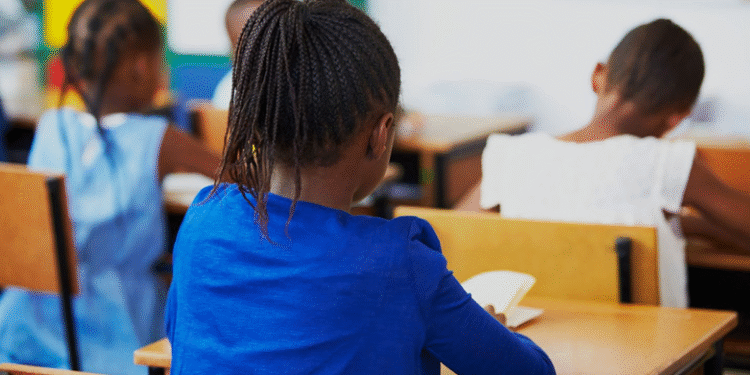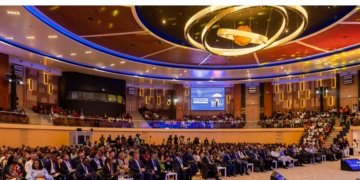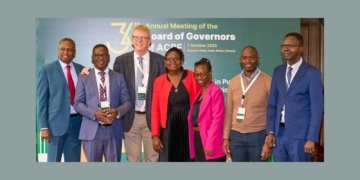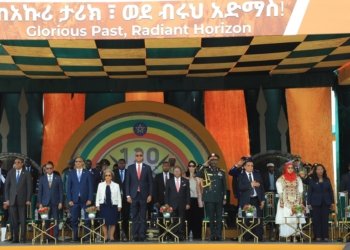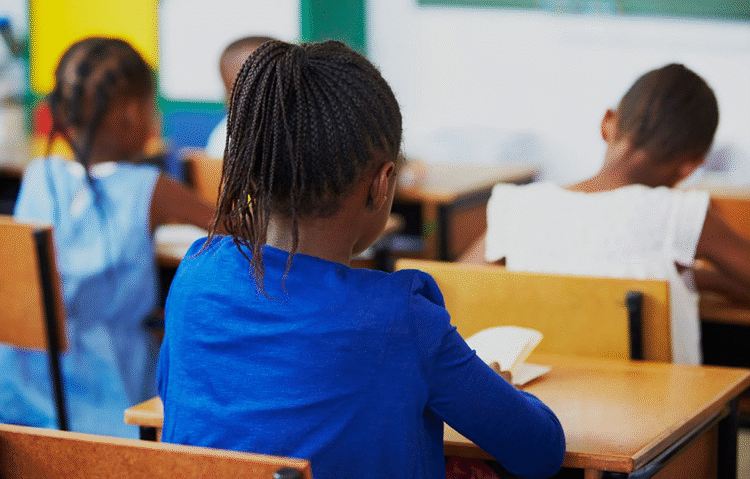ILORIN, Nigeria (BG) — A youth-led initiative in Nigeria is making significant strides in tackling period poverty, according to the World Economic Forum’s Global Shapers Impact Report 2025.
The Safe Space for HER project, launched by the Ilorin Hub of the Global Shapers Community, provides menstrual health education, free hygiene products, and leadership training to young women and girls in Kwara state, Western Nigeria.
The report highlights that the initiative has already reached more than 300 beneficiaries, with plans to support 1,500 girls by 2025.
Beyond offering immediate support, Safe Space for HER is pushing for systemic change.
The program advocates for removing taxes on menstrual products and including menstrual health education in school curricula—steps to reduce stigma and ensure equitable access to menstrual hygiene products.
“With Safe Space for HER, we hope for a future where no girl is held back due to lack of menstrual hygiene resources or the weight of social stigma,” said Mariam Abdulkareem, a Global Shaper leading the initiative, as cited in the report.
The Global Shapers Impact Report 2025 emphasizes that youth-led initiatives like Safe Space for HER are crucial in addressing socioeconomic challenges across Africa.
The project demonstrates how young leaders drive meaningful change in their communities by combining grassroots action with policy advocacy.
Safe Space for HER was among the winners of the 2024 Global Shapers Innovation Prize, which recognizes projects that tackle diverse challenges affecting young people.
“The Innovation Prize will empower us to scale the impact of this initiative, as we work toward providing sustainable solutions and policy measures to end period poverty,” Abdulkareem added.
Each project exemplifies inventive solutions and strategies to create positive change. The Innovation Prize provides access to specialized training, mentorship, and financial support to top projects led by Global Shapers.
It rewards innovative solutions led by young people that enhance the well-being and prosperity of their communities.
Topics range from nature conservation to future-ready skills and fostering more inclusive societies.
